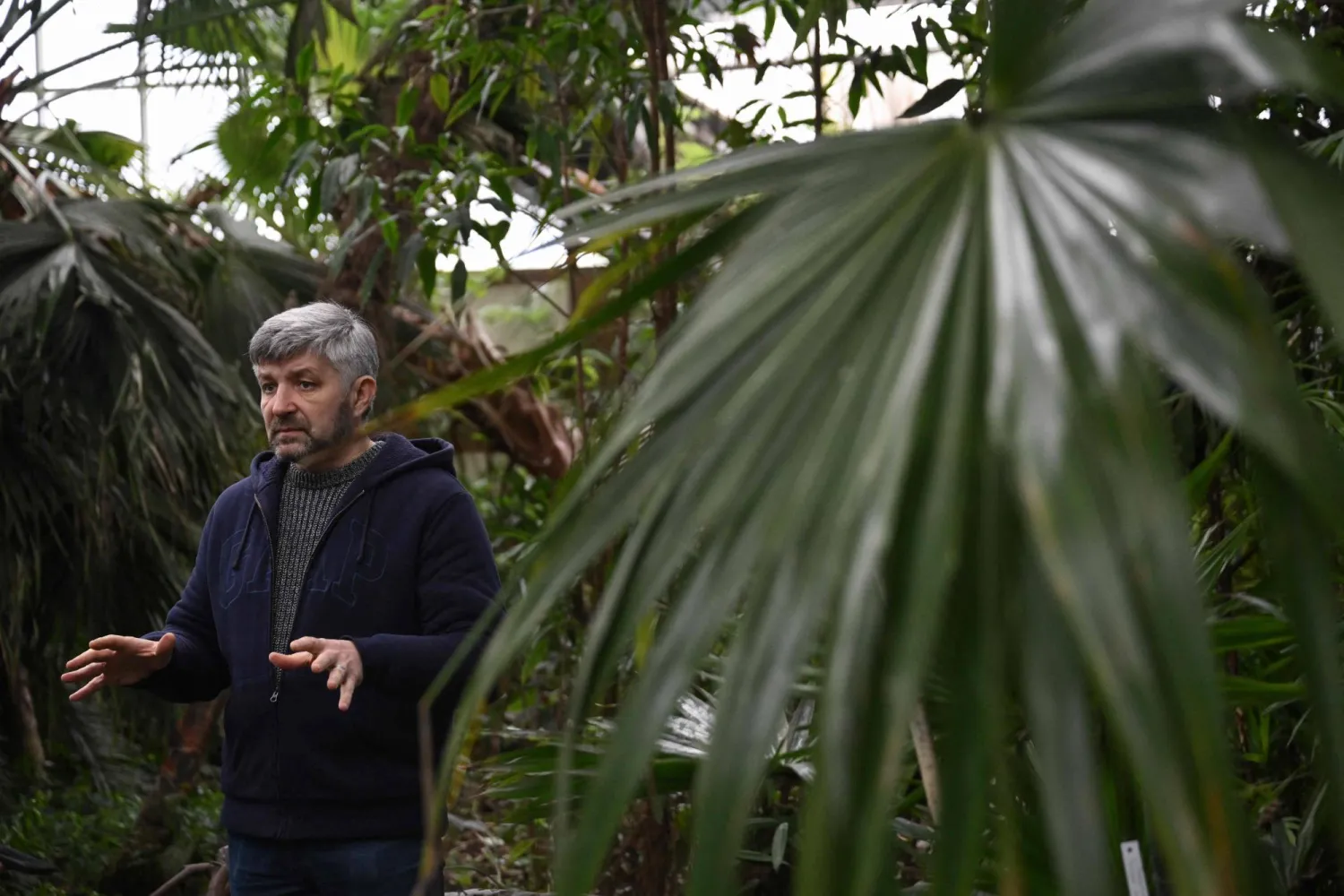The US government has scrapped its litigation against the company that owns the salvage rights to the Titanic, noting that the firm no longer has expedition plans to the shipwreck that could break federal law.
The scuttling of the government's latest legal battle isn't necessarily the end of RMS Titanic Inc.'s attempts to enter the rapidly deteriorating ocean liner or to fetch more historic objects. The company said last month that it's still considering the implications of future expeditions.
But the US on Friday withdrew its motion to intervene in a federal admiralty court in Virginia, which oversees salvage matters for the world's most famous shipwreck. The withdrawal concluded the second of two legal battles in five years that the US has waged against RMS Titanic Inc, the company that has retrieved and exhibited the ship's artifacts.
The US filed its latest legal challenge in 2023 when RMST was planning to take images inside the ship's hull and pluck items from the surrounding debris field. RMST also said it would possibly recover freestanding objects from the room where the ocean liner broadcast its distress calls.
The US argued that entering the hull — or disturbing the wreck — would violate a 2017 federal law and a corresponding agreement with Great Britain. Both regard the site as a hallowed memorial to the more than 1,500 people who died when the ship struck an iceberg in 1912.
RMST ultimately scaled back its dive plans, stating that it would only take external images. The change followed the 2023 implosion of the Titan submersible, which killed RMST’s director of underwater research Paul-Henri Nargeolet and four others onboard.
The experimental Titan craft was operated by a separate company, OceanGate, to which Nargeolet was lending his expertise. He was supposed to lead the RMST expedition.
After RMST revised its dive plans, the US stopped trying to block that particular expedition, which produced detailed images of the wreck in September. But the government told the federal court in Norfolk last year that it wanted to leave the door open to challenging subsequent expeditions.
RMST, however, told the court in December that it won’t visit the wreck in 2025 and hasn't settled on any plans for future expeditions. The company said it will continue to “diligently consider the strategic, legal, and financial implications of conducting future salvage operations at the site.”
In response, the US withdrew its motion to intervene.
“Should future circumstances warrant, the United States will file a new motion to intervene based on the facts then existing,” the government wrote in a filing on Friday.
RMST has been the court-recognized steward of Titanic artifacts since it won salvage rights to the ship in 1994. The firm has recovered and conserved thousands of items, from silverware to a piece of the ship’s hull, which millions of people have seen through exhibits.
The company's last expedition to recover artifacts was in 2010, before the federal law and international agreement took effect.
The first federal enforcement was in 2020, when RMST wanted to retrieve and exhibit the radio that broadcast the Titanic’s distress calls.
US District Judge Rebecca Beach Smith, who presides over Titanic salvage matters, gave RMST permission. But the US government swiftly challenged the plan. The legal battle never played out because RMST indefinitely delayed the expedition in the wake of the coronavirus pandemic.
Smith noted during a court hearing in March that time may be running out for expeditions inside the Titanic. The ship is rapidly deteriorating on the North Atlantic seabed.









